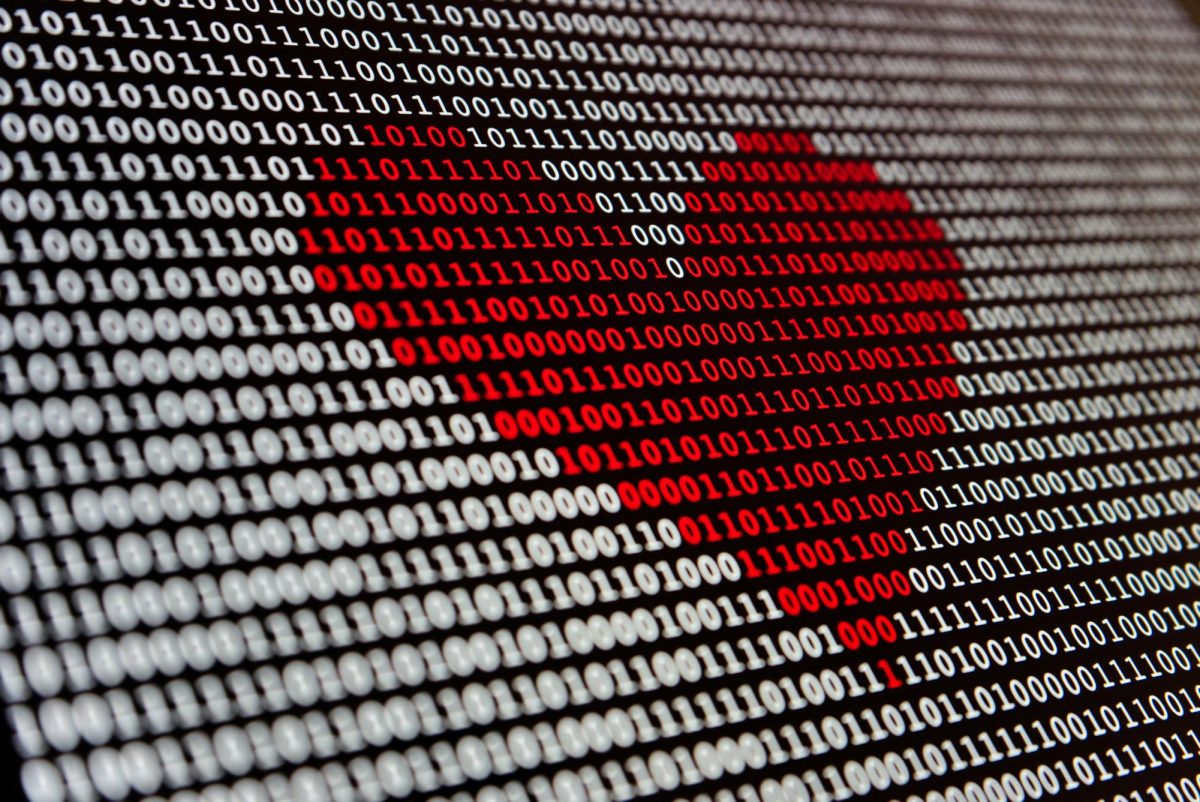Have you ever used a dating app? Studies show that 48 percent of people ages 18 to 29 have. This begs the question, how many people have actually found long-lasting connections in the digital realm that translate into the real world? As a young person, I’ve dabbled in online dating. Don’t get me wrong, at first it was exciting to meet and text countless new people from the comfort of my home. However, it didn’t take long for dating apps to transform from a platform of potential connections to a constant companion in my life, perpetually urging me to unlock my phone.
The notifications morphed into validation and approval. Each match and message became my fleeting dopamine hit and left me craving more. It was as if the apps had morphed into a slot machine; each spin promised a jackpot — the chance for a meaningful connection. What started as a quest for companionship turned into a mindless substitute for human connection. I wondered if other young people faced similar challenges in the modern world of digital dating.
The negative effects of dating apps can range from increased depression, anxiety and damaged self-esteem to impatience and unrealistic expectations. While I acknowledge the positive connections dating apps have facilitated for many, it’s crucial we strike a balance between the digital and real world. Feelings of anxiety can surface as soon as users create their own profiles, leaving them asking themselves questions like, “Will they like this picture?” or, “Is my bio good enough?”
It doesn’t end there. Many remain tethered to their devices, eagerly awaiting potential matches, which is hard to step away from. When expected responses and validations don’t come, rejection and depression often follow.
For example, “ghosting,” discontinuing communication without explanation, has become an easy out, leaving the rejected party with damaged self-worth and loneliness. The sting of digital rejection leads some to question their value, inducing self-doubt that may hinder future in-person connections.
The emphasis these apps place on appearances distracts from truly getting to know someone, placing disproportionate importance on initial attraction. This superficial evaluation perpetuates a disconnect between one’s digital facade and real self, leading to a rollercoaster of emotional highs and lows.
While traditional dating apps may lead to mental health issues, using these apps in nontraditional ways may lead to success. A recent New York Times article on unconventional dating approaches focused on Connie Li, a young software engineer, and her newfound approach to online dating. Disenchanted with traditional dating apps, Li found unexpected success in a smaller online community through an unconventional method: a document in the note-taking app Notion. The irony is striking — she managed to go on 15 dates with shared similarities and objectives in this less conventional space, surpassing her experiences on larger dating platforms. This raises questions about why a smaller, more niche community could foster more meaningful connections than mainstream alternatives.
One explanation might be the sense of exclusivity and shared purpose that unconventional methods bring. Using a tool like Google Docs introduces an element of intimacy and authenticity, fostering a stronger sense of commonality among participants. Additionally, the limitations of a smaller pool may encourage a more intentional and thoughtful approach to dating. Participants might prioritize quality over quantity, leading to more genuine interactions and connections.
The shared similarities and objectives in alternative spaces such as Google Docs suggest that a more curated environment can contribute to the formation of meaningful relationships. This challenges the notion that a dating platform’s success is “solely determined by its user base size.” In a world where apps like Tinder often prioritize surface-level connections, innovative approaches to dating often emphasize genuine connections and shared values, and could redefine success in online dating.
It is apparent that online dating has a strong correlation to mental health. However, it’s not all bad. I have close friends that have obtained flourishing relationships from dating apps. If anything, boundaries are not just restricted to our relationships with others, but everything we interact with daily. If you ever thought about setting up a dating profile, I recommend you go for it. Although, make sure before those apps are downloaded to take time to facilitate healthy boundaries with the most important relationship; the one with yourself.
Jules Guadagno can be reached at [email protected]



















